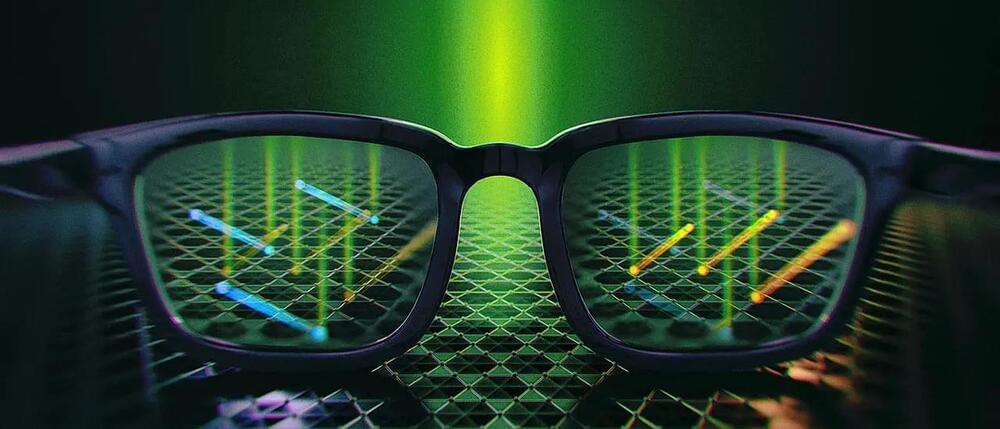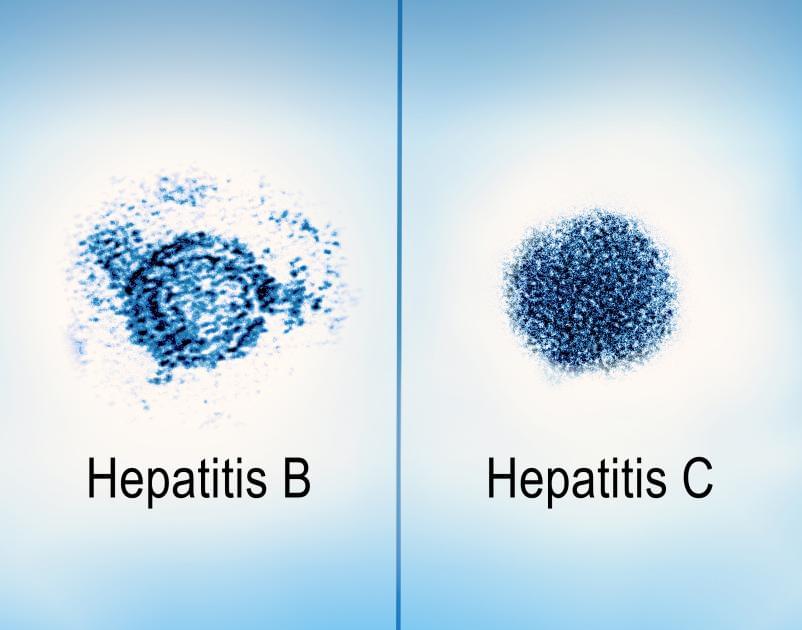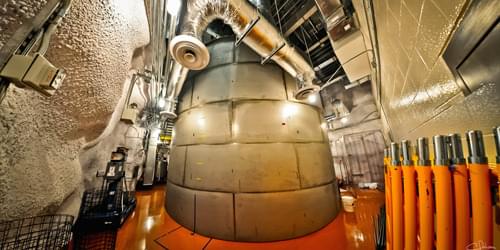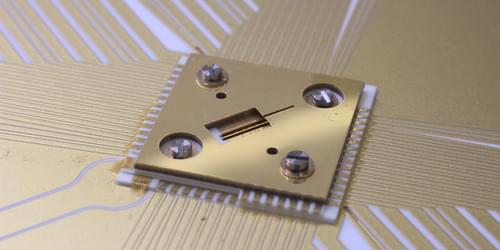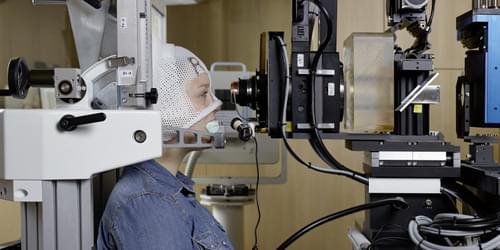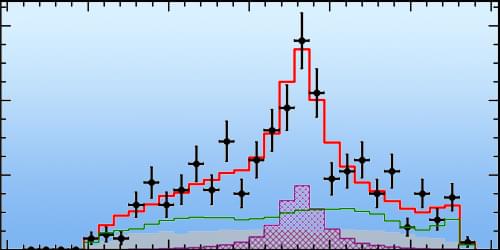Robert Sapolsky is one of the world’s leading neuroscientists, with a focus on the physiological effects of stress. (For years, he spent his summers in Kenya, alone except for the baboons he was observing.) Steve asks Robert why we value human life over animals, why he’s lost faith in the criminal justice system, and how to look casual when you’re about to blow-dart a very large and potentially unhappy primate.
This episode was originally published March 5, 2021.
For a full transcript, resources, and more, visit: https://freak.ws/3WQAjmF
ABOUT PEOPLE I (MOSTLY) ADMIRE:
People I (Mostly) Admire is hosted by Steven Levitt, the unorthodox University of Chicago economist and co-author of the Freakonomics book series, who tracks down other high achievers and asks questions that only he would think to ask. Guests include all-time Jeopardy! champion (and now host) Ken Jennings, YouTube C.E.O. Susan Wojcicki, W.N.B.A. champion Sue Bird, Operation Warp Speed chief Moncef Slaoui, and neuroscientist/actress (also now Jeopardy! host) Mayim Bialik. Winner of Adweek‘s 2021 Best Interview Podcast of the Year.
SUBSCRIBE TO PEOPLE I (MOSTLY) ADMIRE:
YouTube: https://freak.ws/3yIl6dl.
Stitcher: https://freak.ws/3ENOP8v.
Apple Podcasts: https://freak.ws/3ELfGST
Spotify: https://freak.ws/3D6uqKV
ABOUT FREAKONOMICS RADIO NETWORK:
Freakonomics began as a book, which led to a blog, a documentary film, more books, a pair of pants, and in 2010, a podcast called Freakonomics Radio. Hosted by Stephen J. Dubner, it’s one of the most popular podcasts in the world, with a reputation for storytelling that is both rigorous and entertaining. Its archive of more than 500 episodes is available, for free, on any podcast app, and the show airs weekly on NPR stations. Freakonomics Radio is now the flagship show of the Freakonomics Radio Network, which includes the podcasts No Stupid Questions (est. 2020), People I (Mostly) Admire (2020), and Freakonomics, M.D. (2021).
FREAKONOMICS RADIO NETWORK PODCASTS:
